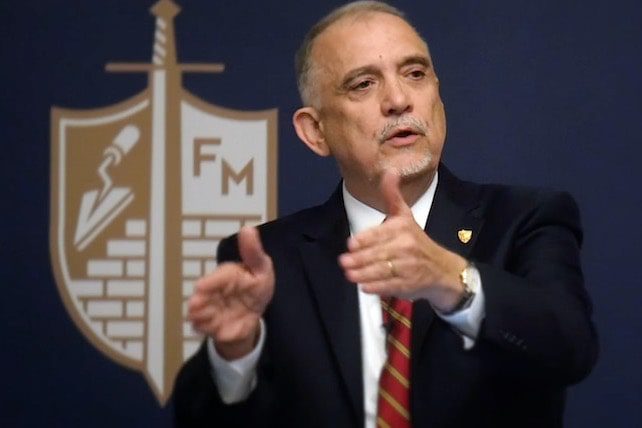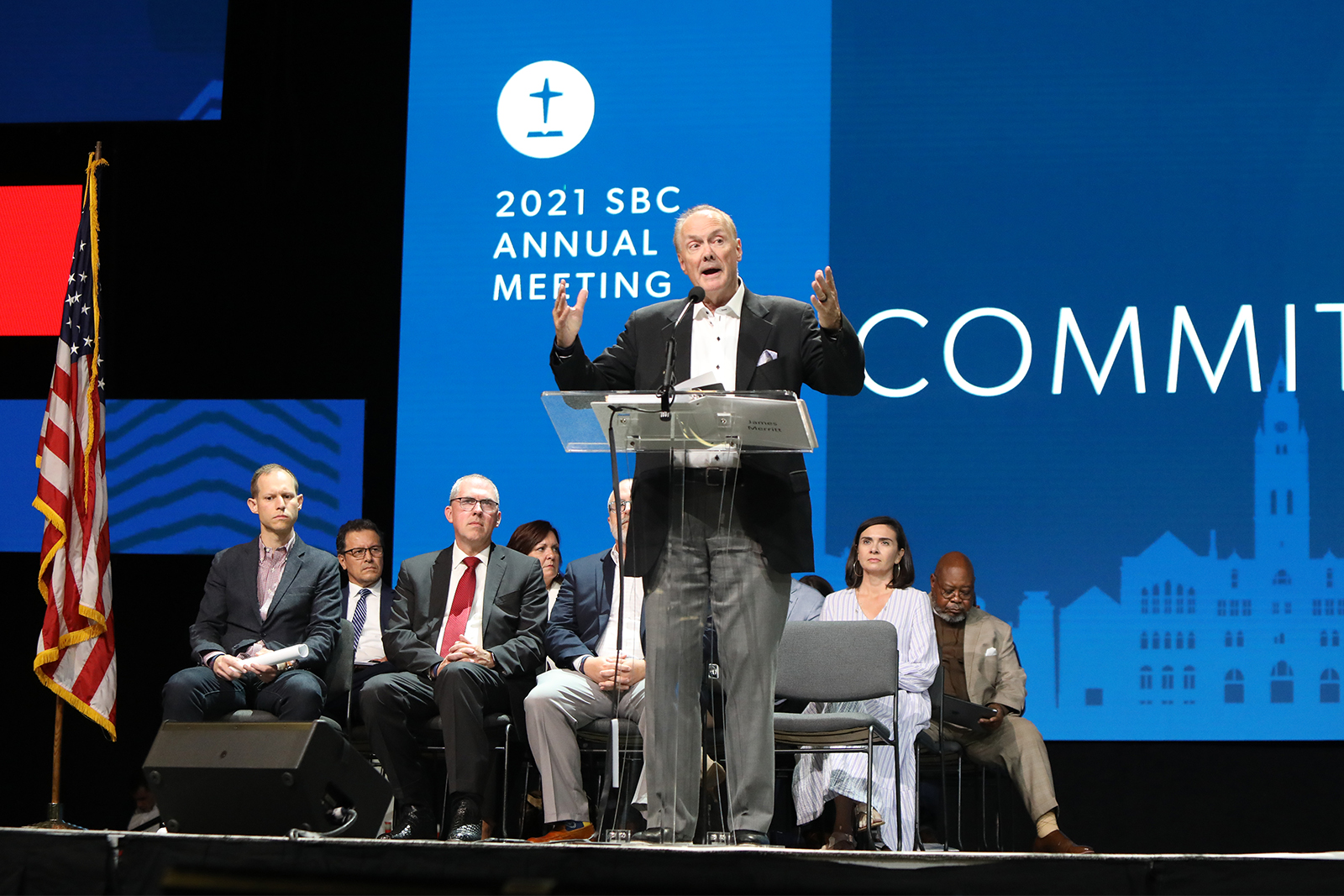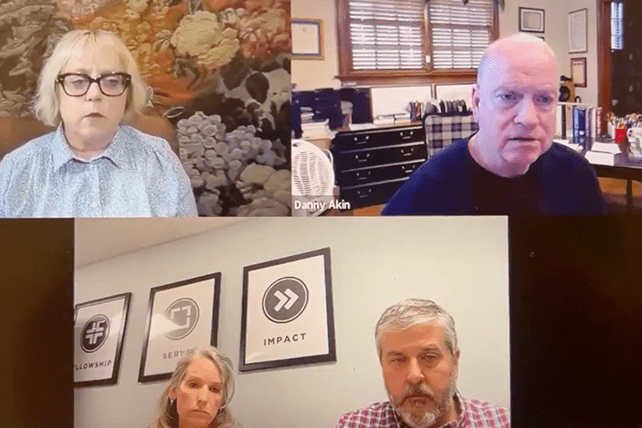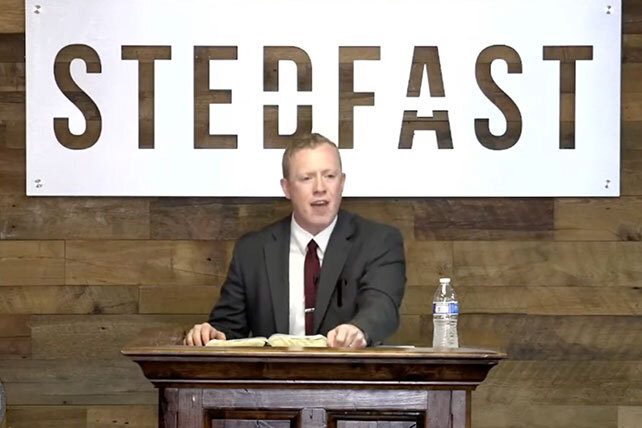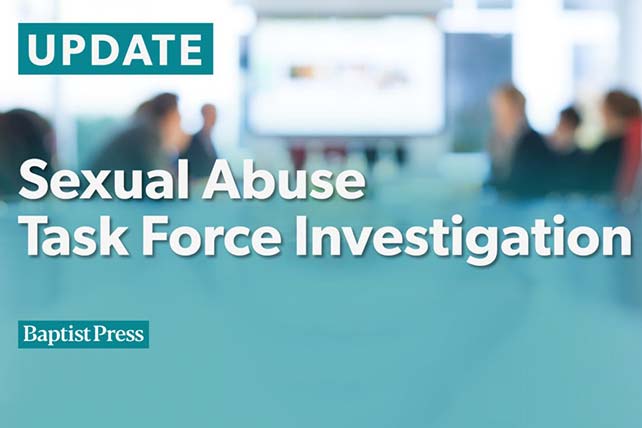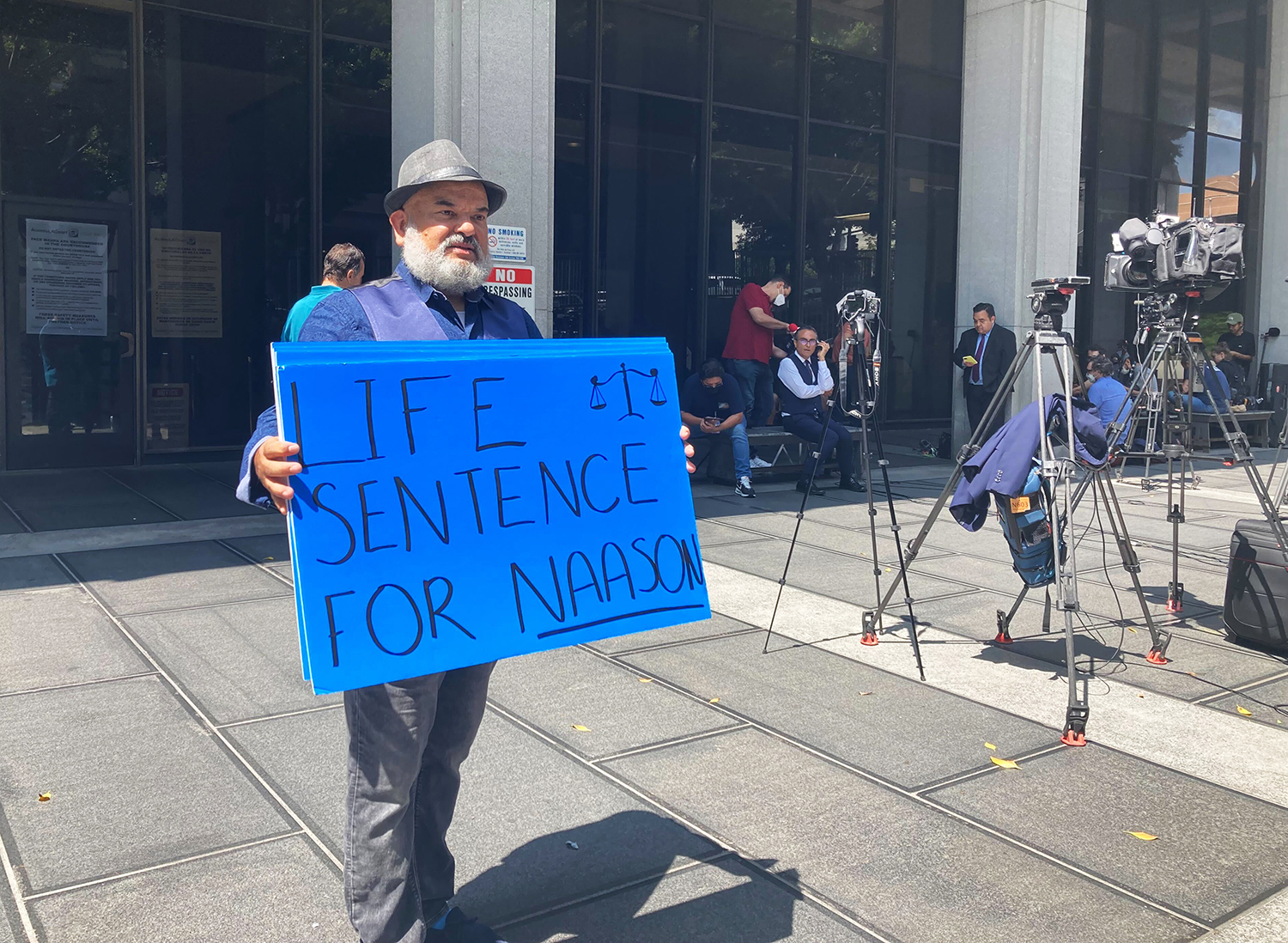(RNS) — When he first felt called to be a pastor, Tom Ascol thought God was playing a joke on him.
Ascol grew up in a troubled family in a house owned by a Texas church where his dad was a deacon and Sunday school teacher. When the family couldn’t pay the rent, a pastor tried to kick them out until a deacon intervened.
The experience left him bitter toward pastors. Complicating his view of church, his dad led what amounted to a double life: one as a respected church leader and another as “a drunk and a womanizer and an abuser,” Ascol told Baptist Press, the official Southern Baptist news service, in a recent interview.
“We’re Baptists, and you know, my dad had no business being a church member, much less a deacon and a Sunday school teacher,” he said. “That created a lot of angst. Not just in me, but in the community.”
Once he accepted his own call, Ascol decided he did not want to be an ordinary pastor. Instead, he wanted to do things by the book, the way the Bible said things should be done.
That approach to ministry has stuck with Ascol, pastor of Grace Baptist Church in Cape Coral, Florida, and leading candidate for president of the Southern Baptist Convention.
The theme of his candidacy can be summed up in four words: “We have a book.”
But Ascol’s focus on the Bible has led him to become a vocal critic of the SBC in recent years. Liberalism, critical race theory and women preachers are leading the denomination away from Scripture, he believes. Ascol has long argued that Southern Baptists have been too eager to embrace pragmatic ideas on how to attract people to church and have been too accommodating to the broader culture.
In a recent essay for Founders Ministries, a Florida nonprofit that Ascol heads, he argued that Southern Baptists are “embarrassed of the teachings of the Scripture.”
His complaints arise from Southern Baptists who have urged the denomination to come to terms with its history, welcoming ideas drawn from academia about racism’s pervasiveness in society. Resolution 9, passed at the SBC’s 2019 annual meeting, referred to “critical race theory and intersectionality” as useful analytics tools. Ascol views the resolution as an intolerable distraction from biblical truth.
“Brothers and sisters, it should not be this way,” he wrote in his Founders Ministries essay. “The word of God is sharper than any two-edged sword and will not return void. But if we muzzle ourselves out of a misplaced desire to placate the culture, how can we expect the Word to have that effect?”
RELATED: Video links Beth Moore, Russell Moore, James Merritt to ‘Trojan horse of social justice’

